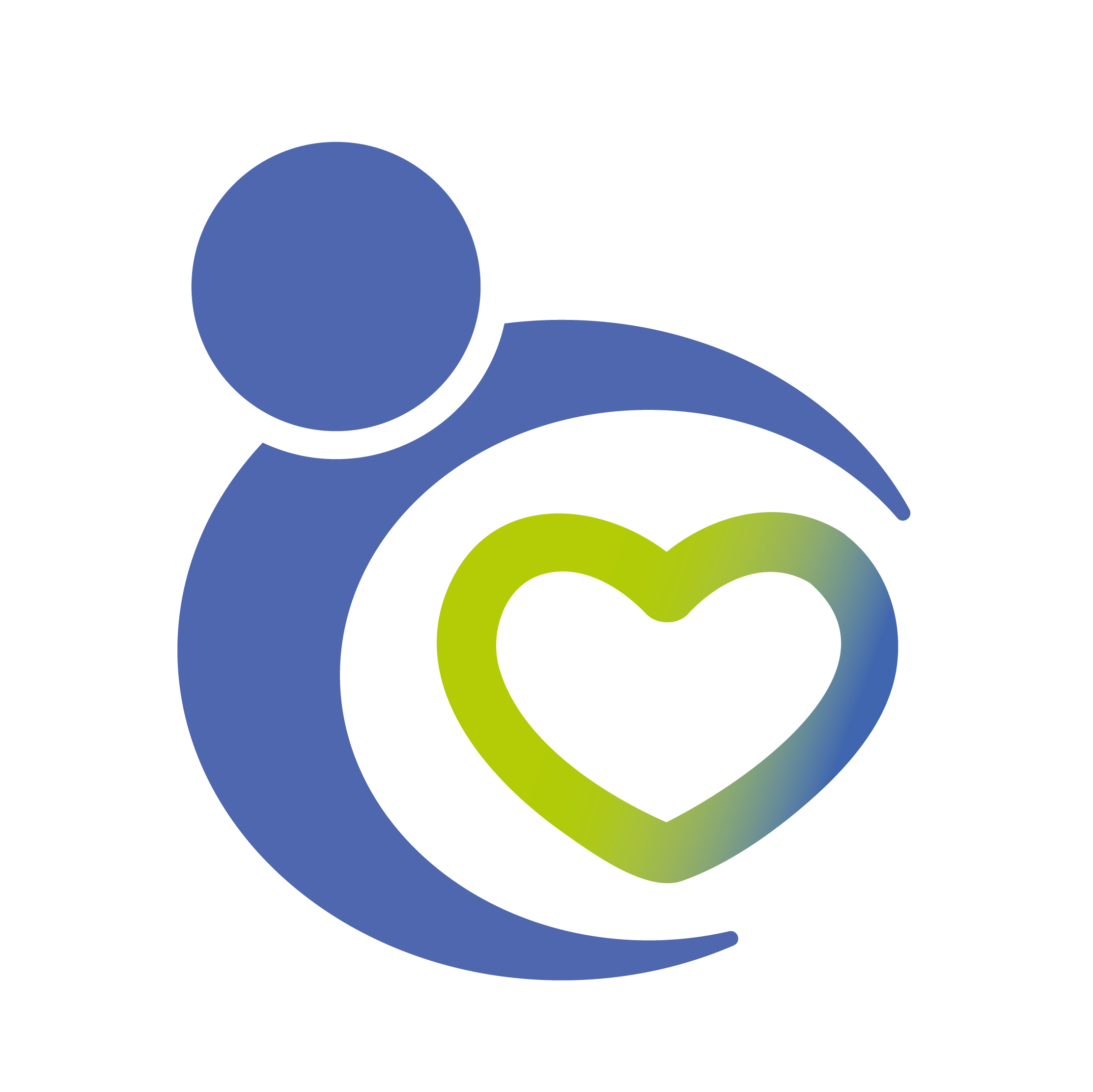“Anyone who is taking more than one drug is at risk.” Issam Zineh, PharmD, U.S. Food & Drug Administration
When we brought Mom home from the hospital it was late in the evening, and we were all tired and hungry.
Despite being told at 10am that Mom would be discharged from the hospital “in a couple of hours”, it was after 6pm that the discharge actually happened. On the way home, we had to stop at the pharmacy to pick up additional prescriptions she would use at home and grabbed some supper at a drive through.
Once home, we unpacked the bottles of prescriptions from the pharmacy and started reading the instructions.
“Take 1 tablet with food.”
“Take 1 tablet every 4 hours.”
Then we looked at the instructions for medications she was already taking.
“Take an hour before eating food.”
“One drop per eye once a day.”
And on it went. For a total of 7 prescriptions. And don’t forget any vitamins or supplements!
The kitchen table was covered with pill bottles and a pile of paper information that had come with them.
My exhausted brain could barely think, much less make sense of a clear way to tell Dad how to get all the medications to Mom at just the right time. I was really worried that Mom’s health would be compromised if we got this wrong. Should I stay with them for a few days until we got this figured out? What about my work schedule? Tears of frustration pricked my eyes.
“I need to make a schedule. This is waaay too complicated!” I said.
Dad thrust a used envelope and a pen at me. I made a handwritten grid and created a workable schedule so Mom could get the right dose at the right time every time she was supposed to get it. Dad could mark off each time she took a medication so he wouldn’t have to remember if he had done it and he didn’t have to worry about under or over-dosing Mom.
“Among adults age 65 and older, 40 percent are taking five or more medications.” – National Health and Nutrition Examination Survey
Does your loved one take medications? How many?
Do you worry that your loved one isn’t taking their medication as directed?
What can you do to make sure your loved one is taking their medications properly?
We tried a pill box, but the box simply couldn’t handle the complicated, daily schedule of multiple medications.
We knew relying on memory was a bad idea.
A calendar? Well, even the wall-size calendar wasn’t big enough to write every medication dose on (and still be able to read it!)
What did work was making a list of all the medications. Then we figured out what times and conditions the medicine needed to be taken. Finally, we made pill-taking time coordinate with meal time when possible. Combining or ‘stacking’ tasks (like meal time AND taking medication) creates a habit of checking at meal time for medications due to be taken so they won’t be forgotten.
Here are a few more tips to keep track of medicine from the National Institute on Aging:
- Make a list
- Create a file of all written information that comes with medication
- Check expiration dates
- Keep medicines out of reach of young children
Download the FREE 7 Questions Everyone Should Ask at a Doctor Appointment.



Recent Comments